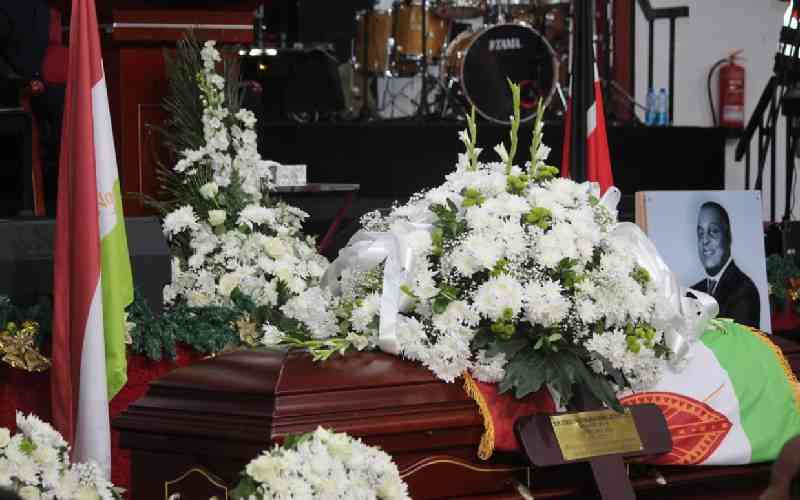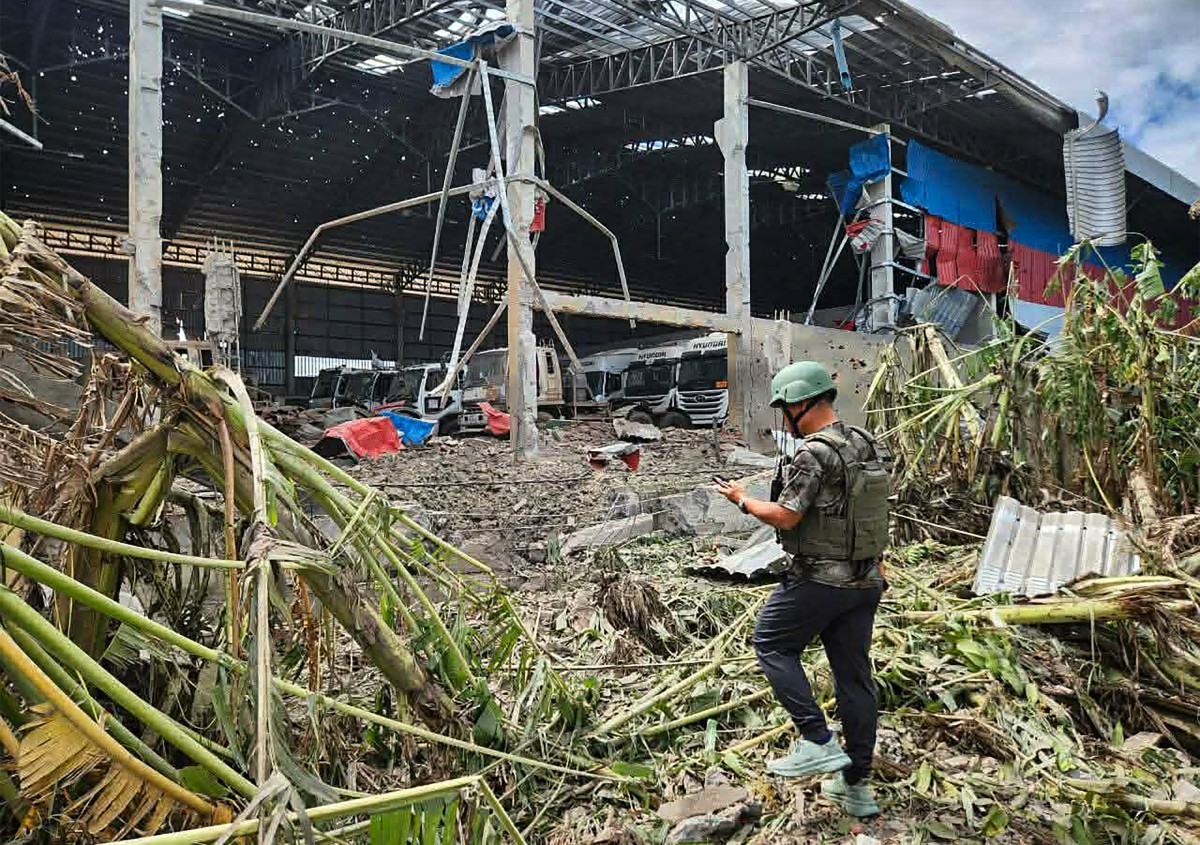Southeast Asia on Edge: Thailand and Cambodia Locked in Bitter Border Standoff

Tensions between Thailand and Cambodia persist, marked by a complex interplay of diplomatic efforts, mutual accusations, and disinformation campaigns. Thailand’s Ministry of Foreign Affairs vehemently rejected recent claims circulating on social media, which alleged that Thailand harbored plans to assassinate Cambodian leaders Hun Sen and Hun Manet. These serious accusations, cited by Cambodia’s Minister of Information from purported foreign intelligence sources, were firmly denied by Nikorndej Balankura, Director-General of the Department of Information and Spokesperson for the Ministry. Balankura labeled the claims as entirely unfounded and designed to defame Thailand, emphasizing that spreading such false news undermines ongoing General Border Committee (GBC) discussions aimed at peaceful resolution.
Despite a 13-point ceasefire agreement signed during the GBC meeting in Malaysia on August 7, provocations, fake news, and intimidation continue to plague the border region. The Thai Ministry of Foreign Affairs publicly accused Phnom Penh of a sustained disinformation campaign, arguing that Cambodia’s commitment to the bilateral ceasefire was “merely for public relations,” with actions contradicting their claims. Nikorndej Balankura detailed four alleged ceasefire violations by Cambodia: laying new landmines, using drones for harassment, inciting citizens to protest at the border, and deploying powerful improvised explosive devices (IEDs) on the Thai side.
In response to these allegations and ongoing conflict, Thailand has actively sought international observation. The Royal Thai Army (RTA) is set to lead the ASEAN Interim Observation Team (IOT) to the Thai-Cambodian border to monitor alleged breaches of international law and ceasefire conditions. This initiative follows successful visits facilitated by the Thai government for international entities. ASEAN envoys and representatives from countries that ratified the Ottawa Convention—which bans the use of landmines—visited Si Sa Ket province, where they observed evidence of anti-personnel mines allegedly laid by Cambodian troops and interviewed affected residents. Furthermore, representatives from the International Committee of the Red Cross (ICRC) assessed the humanitarian impact of cross-border attacks on civilians in Surin, Si Sa Ket, and Ubon Ratchathani provinces. The ICRC gathered facts, interviewed affected civilians, and will submit a confidential report to both Thailand and Cambodia, demonstrating Thailand’s commitment to humanitarian protection.
The prevalence of false reporting surrounding the conflict has been a significant concern. The Ministry of Digital Economy and Society (DES) reported that eight out of the top ten fake news items last week were related to the Thai-Cambodian border conflict, with the top three entirely focused on the situation. Wethang Puangsup, spokesman for the DES Ministry, highlighted the review of 815 social media posts in compiling this list. Acting Prime Minister Phumtham emphasized the need to combat such disinformation, stating, “We must fight with truth, not through information warfare, because only the truth can resolve the issue.”
Diplomatic efforts continue, with international delegations observing the situation. Acting Prime Minister Phumtham met with a US delegation of four lawmakers—two Republicans and two Democrats—who visited Thailand to follow regional developments. Discussions covered Thai–US relations, security, economic issues, and investment. The US delegation was scheduled to visit the Thai–Cambodian border conflict zone in Ubon Ratchathani province, accompanied by Thai Foreign Ministry officials, before continuing to Cambodia. Phumtham expressed appreciation for their concern, noting their role as temporary observers and acknowledging the engagement of US President Donald Trump, along with observers from the United States, China, and ASEAN military attachés. Phumtham also confirmed that he raised the issue of Cambodian mine-laying activities with the US delegation, stressing that addressing alleged landmine deployment in Thai territory and the issue of barbed-wire fences was a priority.
A long-standing border issue involves Cambodia’s pressure on Thailand to dismantle barbed wire fences in the Ban Nong Chan area of Sa Kaeo province. This area, historically a refugee camp for Cambodians fleeing the Khmer Rouge era, saw some refugees choose not to return to Cambodia. Over the years, their descendants expanded settlements, building nearly 200 new homes, with Cambodia claiming the area as sovereign land and rejecting Thailand’s border demarcation. Despite ongoing diplomatic efforts and future talks scheduled for September 10, the path to a lasting peaceful resolution remains challenging, underscoring the need for truth and a focus on the lives of those affected by the violence rather than propaganda.
You may also like...
When Sacred Calendars Align: What a Rare Religious Overlap Can Teach Us

As Lent, Ramadan, and the Lunar calendar converge in February 2026, this short piece explores religious tolerance, commu...
Arsenal Under Fire: Arteta Defiantly Rejects 'Bottlers' Label Amid Title Race Nerves!

Mikel Arteta vehemently denies accusations of Arsenal being "bottlers" following a stumble against Wolves, which handed ...
Sensational Transfer Buzz: Casemiro Linked with Messi or Ronaldo Reunion Post-Man Utd Exit!

The latest transfer window sees major shifts as Manchester United's Casemiro draws interest from Inter Miami and Al Nass...
WBD Deal Heats Up: Netflix Co-CEO Fights for Takeover Amid DOJ Approval Claims!

Netflix co-CEO Ted Sarandos is vigorously advocating for the company's $83 billion acquisition of Warner Bros. Discovery...
KPop Demon Hunters' Stars and Songwriters Celebrate Lunar New Year Success!

Brooks Brothers and Gold House celebrated Lunar New Year with a celebrity-filled dinner in Beverly Hills, featuring rema...
Life-Saving Breakthrough: New US-Backed HIV Injection to Reach Thousands in Zimbabwe

The United States is backing a new twice-yearly HIV prevention injection, lenacapavir (LEN), for 271,000 people in Zimba...
OpenAI's Moral Crossroads: Nearly Tipped Off Police About School Shooter Threat Months Ago
ChatGPT-maker OpenAI disclosed it had identified Jesse Van Rootselaar's account for violent activities last year, prior ...
MTN Nigeria's Market Soars: Stock Hits Record High Post $6.2B Deal

MTN Nigeria's shares surged to a record high following MTN Group's $6.2 billion acquisition of IHS Towers. This strategi...




